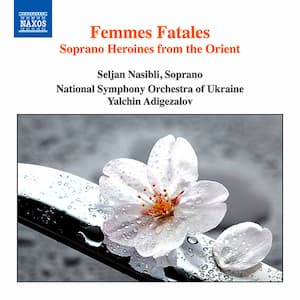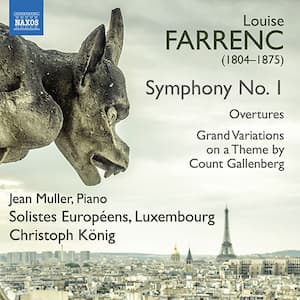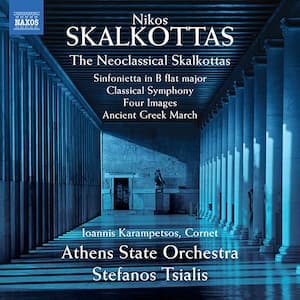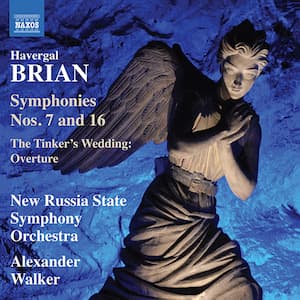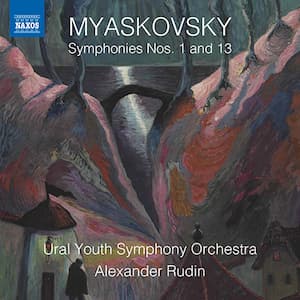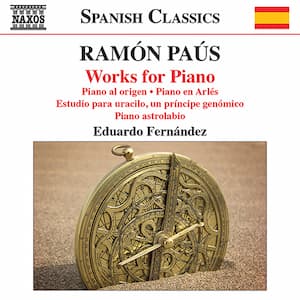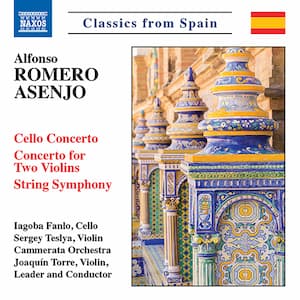Euripes (480-406 BC) focused on the women of the war in his middle-period play The Trojan Woman. As was common with his middle period plays, this play looked, too, at the senselessness of war. One of the central women was
Archives
French pianist Louise (Dumont) Farrenc (1804-1875) was a piano student of Cécile Soria, who had studied with Clementi, and of Johann Nepomuk Hummel, who had been a student of Mozart, and Ignaz Moscheles, who had been a student of Salieri,
Founded in 1911 in Athens, the Lyceum Club of Greek Women is still active today. This historic educational, ethnological, and charitable organisation was the first organized women’s association in Greece. It had a role in the preservation and dissemination of
Havergal Brian (1876-1972) was one of the most prolific modern symphonists, writing 32 symphonies between 1919 and 1968. However, he considered his calling to be to the field of opera. Accordingly, he wrote 5 operas, works for voice and orchestra,
Russian composer Nikolay Yakovlevich Myaskovsky’s works always had an introspective and fatalistic quality and carried the 19th-century Russian qualities of symphonic music to a new level. After Stalin’s rise to power in 1928 and the institution of Socialist Realism became
When we think of Arles, we think of the paintings of Van Gogh: sun and fields and trees. In 1990, the Japanese film director Akira Kurosawa made a set of short films, collectively entitled Dreams. One of the dreams, Crows,
Austrian composer and pianist Joseph Marx (1882-1964) started his life under his mother’s piano, listening while she practiced. When she noticed his own musical gifts, she sent him off to music school and he developed his pianistic skills. His talents
Spanish composer Alfonso Romero Asenjo (b. 1957) has been called a ‘trans-avant-garde’ composer: ‘it is neither here in the vanguard nor beyond it, but it takes it into account, knows it, values it, uses it eventually if it needs it

